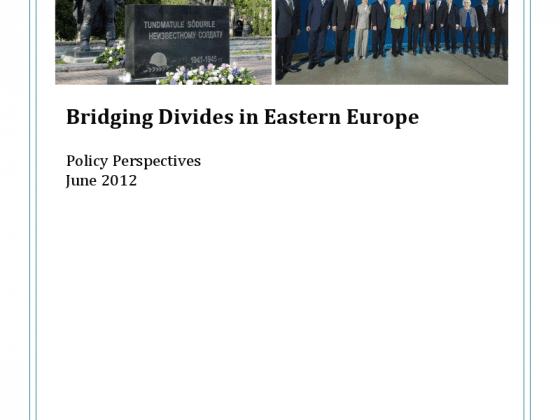Traditional approaches to international relations lead us to expect that with the loss of the Cold War's stable bipolar system, insecurity and uncertainty will prompt the great powers–Russia among them–to rely on unilateral, competitive security policies which will have the effect of threatening others and increasing the likelihood of conflict.
My research on Russian security strategies after the Cold War finds these dire predictions to be incorrect. In a study of Russia's relations with Germany–historically one of the most problematic and threatening of the great powers for Russia–I found that international institutions played an important role in Russian officials' calculations in choosing self-interested security strategies. Institutions provide information about German policies and actions, thereby reducing Russian uncertainty and insecurity, making cooperation possible. […]









